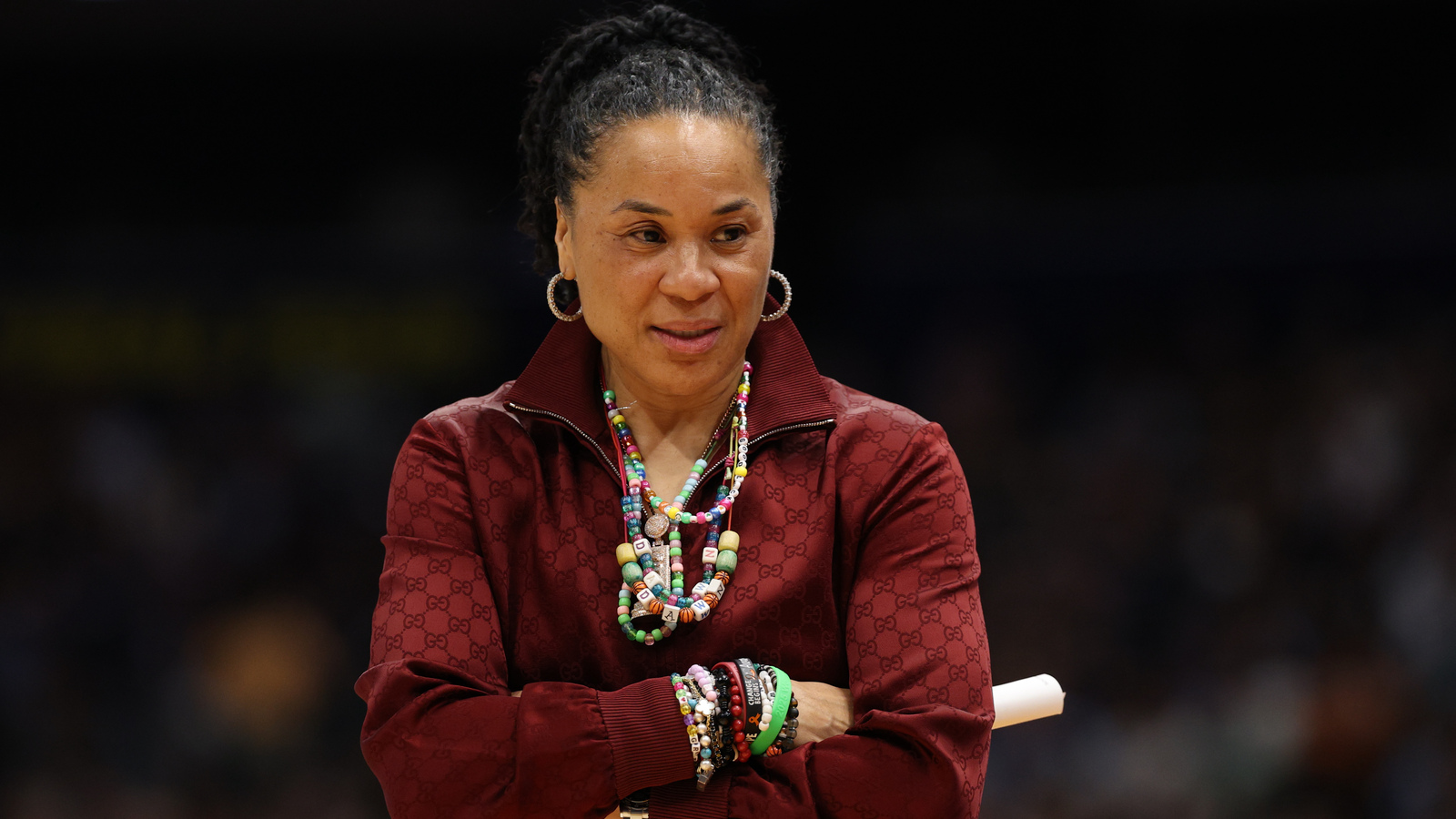CJ Suspension: 'Supreme Court may rethink resignation ban in Article 146 cases' - Martin Kpebu
Martin Kpebu is a private legal practitioner
Private legal practitioner, Martin Kpebu, has stated that the Supreme Court may, in the future, be compelled to revisit its long-standing position that public officers facing removal under Article 146 cannot resign once proceedings begin.
Kpebu, who was speaking on Ghana Tonight on TV3 and monitored by GhanaWeb on Thursday, June 26, 2025, cited two key Supreme Court cases: Justice Kwadwo Amoah v Attorney General (2015) and Justice Paul Dery v Tiger Eye PI (2016) that established the principle.
He acknowledged the authority of those rulings but suggested that evolving realities in the current Chief Justice case could open the door for a review.
“At the time those decisions were handed down, no one imagined a Chief Justice would come out publicly and narrate her version while the process was ongoing. That creates a whole new context. The law grows. And perhaps, this situation provides the Supreme Court with an opportunity, if not now, then in future, to reconsider that position," he explained.
According to Kpebu, while the court’s view is legally sound, circumstances have shifted.
“The confusion, the reputational damage, the national interest, these may justify a future departure from that precedent. I'm not saying the court will do so in this case, but it has the power to," he added.
Martin Kpebu further noted that the rule barring resignation under Article 146 applies broadly not just to the Chief Justice, but to any high-ranking official protected under the constitution, including Electoral Commissioners, Justices of the superior courts, and the Special Prosecutor.
"If the the Electoral Commissioner were in a trial today or take the other constitutional bodies, that you have Court of Appeal judges, High Court judges, the OSP, all the officers must go through Article 146 proceedings before they can be removed," he explained.
Kpebu also urged continued participation by the respondent in such inquiries, as it offers a chance to clarify issues through cross-examination and limit reputational harm.
“She should continue engaging. If she disengages entirely, it could worsen her case. Cross-examination helps eliminate exaggerations, mistakes, and even unconscious bias," he noted.
Following the determination of a prima facie case in the three petitions asking for the removal of the Chief Justice, President John Dramani Mahama has suspended her and set up a five-member committee to inquire into the petitions.
The Supreme Court also unanimously dismissed her application for an interlocutory injunction against the committee set up by President Mahama to investigate her conduct.
In addition to rejecting her injunction application, the Supreme Court also unanimously struck out a supplementary affidavit filed by Justice Torkornoo.
The Court held that the affidavit disclosed confidential information that should have remained under wraps in accordance with Article 146 of the 1992 Constitution, which outlines the procedures for the removal of a Chief Justice or other superior court judge.
JKB/AE
You couldn’t have been a 'poor kid' – Watch Kwasi Kwarteng’s message to Bawumia











